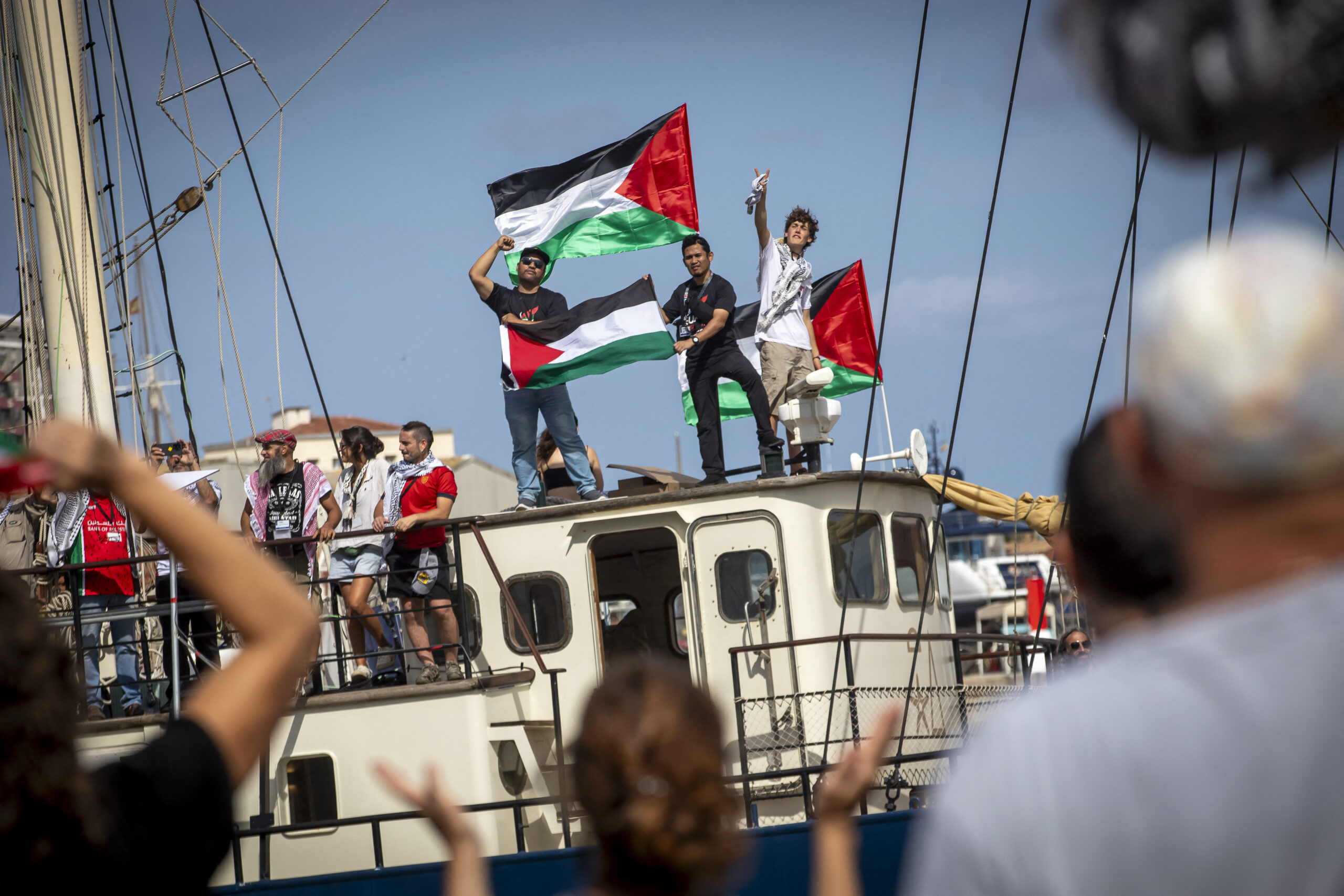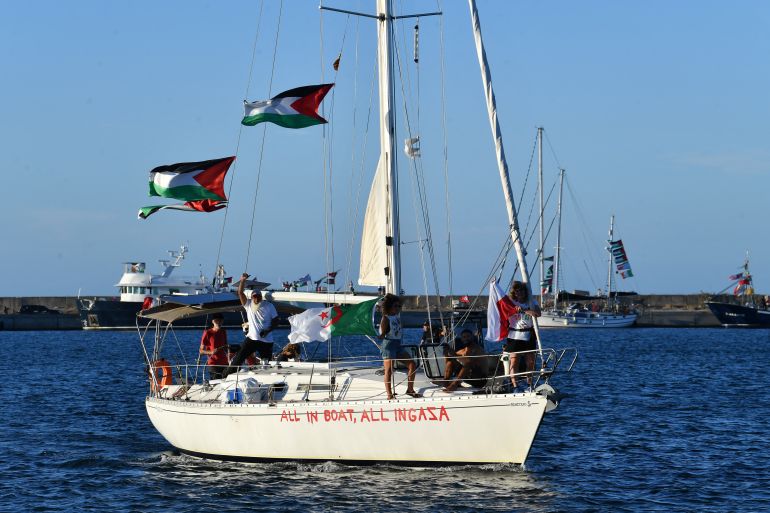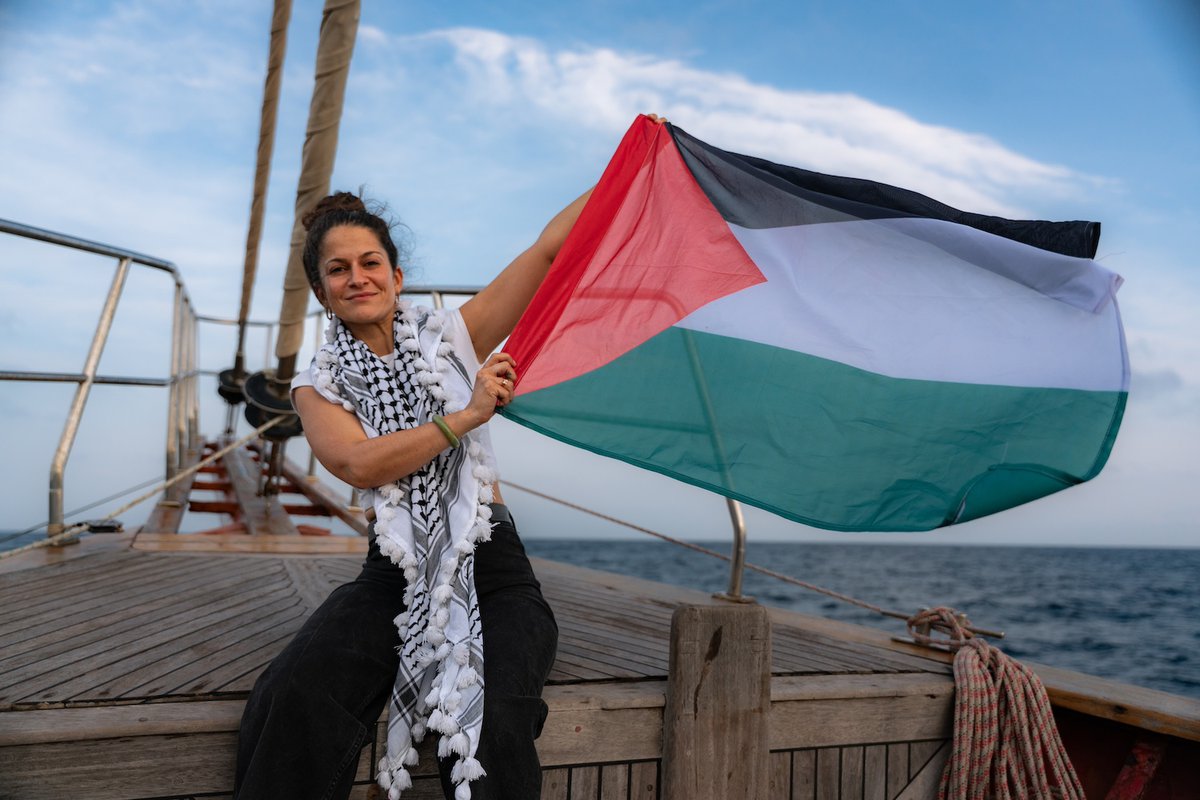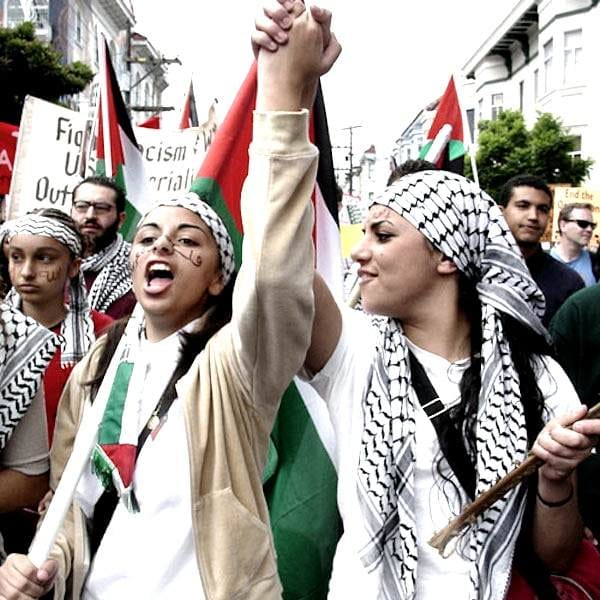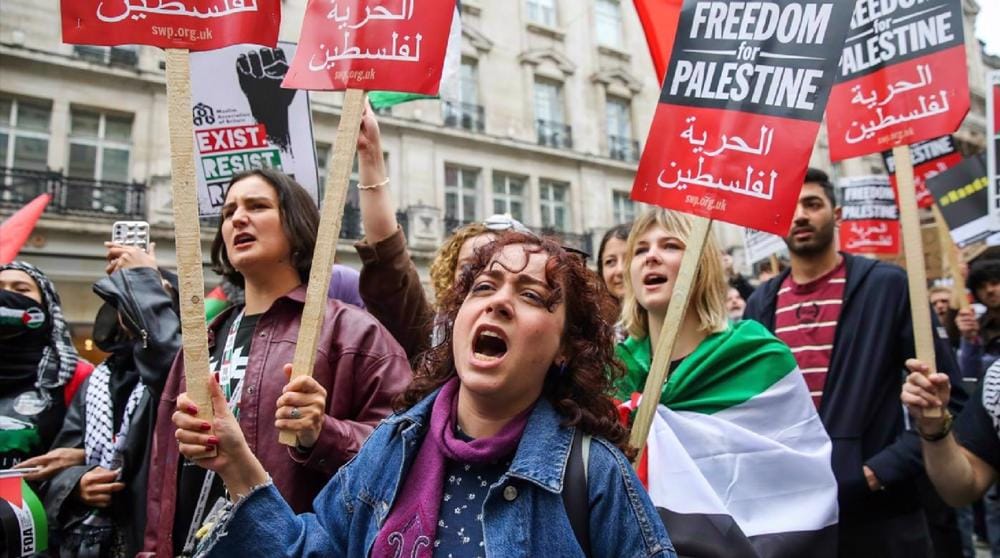The Palestinian cause has stood as one of the most enduring and painful struggles of contemporary times and modern history, marked by occupation, displacement, and a continuing humanitarian catastrophe in Gaza. Home to more than 2 million people, Gaza has been under an Israeli-imposed blockade since 2007, leaving the population deprived of basic necessities like food, medicine, and fuel. This blockade is believed to be a systemic mechanism of control which isolates Gaza from the rest of the world. A Human Rights Watch report published in 2021 titled ‘A threshold Crossed: Israeli Authorities and the Crimes of Apartheid and Persecution‘ states, ‘The generalised travel ban [in Gaza], which has remained in place since 2007 and reduced travel out of Gaza to a fraction of what it was two decades ago, is not based on an individualised security assessment and fails any reasonable test of balancing security concerns against the right to freedom of movement for over two million people.‘
In response, international activists and humanitarian groups have repeatedly attempted to deliver supplies by sea. Earlier this year, one such attempt was made, but it was intercepted by Israel before it could reach the Palestinian population. Aid workers and volunteers, including Greta Thunberg, were detained and the mission was abruptly halted. Since the mission failed back in May, the activists regrouped under a new mission called the Global Sumud Flotilla, launched back in late August this year.
It consisted of more than 40 civilian boats carrying humanitarian supplies and over 500 international volunteers, among which Thunberg was also a part of. However, like previous attempts, this mission was also intercepted by Israeli forces. Reports began emerging of how the activists and volunteers on board were subjected to torturous and degrading conditions. Many were later deported after alleged interrogations, strip searches, and prolonged confinement without access to legal counsel.
The incident has since reignited global criticism of Israel’s enforcement of the blockade to a population already facing what UN agencies describe as ‘unprecedented human suffering.’
Interception and mistreatment
Several international news outlets like Al-Jazeera, The Guardian, Reuters and more reported that Israeli forces forcibly seized dozens of civilian vessels as they sailed towards Gaza while taking activists into custody and deporting few of the passengers on board. Activists and several human rights organisations alleged that the seizing of aid took place in international waters and Israeli forces were aggressive in doing so.
Activists and several human rights organisations alleged that the seizing of aid took place in international waters and Israeli forces were aggressive in doing so.
Many of the activists reported being subjected to humiliation and abusive treatment while being held in Israeli custody, including allegations of sleep deprivation, inadequate food and water, forced confinement in small cages, denial of medication or legal counsel, exposure to verbal abuse and intimidation. Several journalists and activists used the words ‘torturous‘ or ‘torturous conditions‘ to describe their experience.
Ersin Celik, who was among the volunteers participating in the mission told Anadolu Agency about the abuse against Greta Thunberg during Israel’s raid on the Global Sumud Flotilla, ‘They dragged little Greta by her hair before our eyes, beat her, and forced her to kiss the Israeli flag. They did everything imaginable to her, as a warning to others.’
Malaysian activist Hazwani Helmi and American participant Windfield Beaver described harrowing scenes following their deportation at Istanbul Airport. Both alleged that Greta Thunberg was shoved by Israeli officers and ‘paraded‘ while being forced to hold or stand beside an Israeli flag.
Ikbal Gurpinar, who was also on board said ‘They treated us like dogs. They left us hungry for three days. They didn’t give us water, we had to drink from the toilet. It was a terribly hot day, and we were all roasting.‘ Surya Mcewen, who’s an Australian activist was allegedly slapped and beat causing his shoulder to dislocate. His passport was also torn by Israeli forces.
Rights organisations, including Amnesty International, have called these testimonies ‘deeply concerning‘ and indicative of ‘systematic humiliation‘ rather than isolated misconduct, saying this interception is an unlawful act meant to perpetuate the entrapment and starvation of Palestinians. Agnes Callamard, the Secretary General of Amnesty International, says ‘The time for mere condemnation is over. States worldwide must act now and now make clear that they will no longer tolerate Israel’s systematic starvation of Palestinians in Gaza nor its targeting of unarmed civilian humanitarian efforts. The decades-long impunity for Israel’s blatant violations of international law must end, nothing can justify genocide.’
Israel’s response to the allegations
Israel strongly defended its actions, characterising the Flotilla as a provocation rather than a genuine humanitarian effort. Its Foreign Ministry asserted that the naval blockade is lawful and necessary to protect its security, and that no vessel would be permitted to breach it.
Israeli officials have called claims of abuse ‘brazen lies,’ on Twitter/X, insisting detainees were treated humanely and in accordance with legal standards, including access to food, water, and legal counsel, and that their legal rights were fully upheld.
Moreover, Israel denied the more serious allegations of mistreatment. Israeli officials have called claims of abuse ‘brazen lies,’ on Twitter/X, insisting detainees were treated humanely and in accordance with legal standards, including access to food, water, and legal counsel, and that their legal rights were fully upheld. They also alleged that the Flotilla was linked to groups like Hamas or the Muslim Brotherhood, framing the mission as a security threat or as an instrument of political messaging rather than purely humanitarian action, while justifying the interception.
According to critics, this defence and justification, however, fails to confront the broader humanitarian and ethical implications. Even if it was legally defensible, the blockade’s cumulative effect has been the systematic deprivation of essential goods and the restriction of civilian freedom in Gaza, outcomes that international law condemns as collective punishment.
Global response to the blockade of aid to Gaza
Global citizens have taken it to social media to condemn Israel’s actions and justification, arguing that by defending its blockade in the name of security, Israel is using the rhetoric of protection to justify policies that keep millions of Palestinians trapped in crisis.
Human-rights organisations including Amnesty International and Human Rights Watch issued statements demanding accountability and emphasising that obstructing humanitarian missions violates international law.
Hashtags such as #FreeTheFlotilla and #EndTheBlockade have trended worldwide, drawing attention to Gaza’s worsening humanitarian crisis.
Hashtags such as #FreeTheFlotilla and #EndTheBlockade have trended worldwide, drawing attention to Gaza’s worsening humanitarian crisis. Student groups, trade unions, and religious organisations announced new boycotts and petitions targeting companies linked to Israeli defence or settlement projects. In Europe alone, tens of thousands of demonstrators took to the streets in cities such as Paris, Milan, Rome, Barcelona, and Athens, condemning Israel’s actions and demanding freedom for the detained activists.
The latest update
In its most recent update, issued on October 6 at 5:37 p.m. (IST), the Israeli Foreign Ministry confirmed that 171 additional participants had been deported from Israel to Greece and Slovakia. Labelling the Flotilla a ‘PR stunt,‘ the Ministry claimed that ‘all the legal rights of the participants were and will continue to be fully upheld,‘ dismissing allegations of mistreatment as part of a ‘pre-planned fake news campaign.‘
Upon arriving in Greece, however, Greta Thunberg, while addressing reporters says, ‘I could talk for a very, very long time about our mistreatment and abuses in our imprisonment. Trust me, but that is not the story. Israel is escalating genocide and mass destruction with genocidal intent, attempting to erase an entire population in front of our eyes.’ Thunberg’s remarks have since amplified international outrage over Israel’s handling of the Flotilla and its broader actions in Gaza.
The Global Sumud Flotilla continues to draw international attention as investigations and diplomatic reactions unfold. Aid organisations and human rights groups are urging the international community to address what they call the criminalisation of humanitarian efforts. As Israel maintains that its blockade is lawful and rooted in security concerns, it draws wide criticism and condemnation from all over the world for upholding Israel’s systematic starvation of Palestinians in Gaza.
About the author(s)
Mema is currently a Master's student at South Asian University (SAU). Hailing from Manipur, her lived experiences there have shaped a deep commitment to the feminist cause. She cares deeply about women and their future, which she tries to convey with her writing. She finds joy in reading, writing and cooking.
